When it comes to commercial kitchen fire safety, Phoenix, Arizona is a city that takes it seriously. With a large number of restaurants and other commercial kitchens in the city, the potential for fire is always present. That’s why the city has strict laws and regulations in place to ensure that these fires are prevented and if they do occur, that they are quickly extinguished.
Importance Of Fire Sprinklers
One of the most important aspects of commercial kitchen fire safety is the use of fire suppression systems. These systems are designed to automatically detect and extinguish fires before they have a chance to spread. They are required in all commercial kitchens in Phoenix and are regularly inspected and serviced to ensure that they are in good working order.
A Well Trained Staff Prevents Fires
Another crucial element of commercial kitchen fire safety is the proper training of staff. All employees who work in a commercial kitchen should be properly trained in fire safety procedures and should know how to use the fire suppression system in the event of a fire.
A Detailed Fire Safety Plan
Finally, it is important to have a comprehensive fire safety plan in place for your commercial kitchen. This plan should be reviewed and updated regularly and should include detailed instructions on what to do in the event of a fire. By following these simple steps, you can help ensure that your commercial kitchen is a safe place to work and that fires are prevented.
1. The kitchen should have a fire suppression system that is properly maintained.
2. The kitchen should have a hood and exhaust system that is properly maintained.
3. The kitchen should have a fire alarm system that is properly maintained.
4. The kitchen should have a smoke detection system that is properly maintained.
5. The kitchen should have a sprinkler system that is properly maintained.
6. The kitchen should have a fire extinguisher that is properly maintained.
7. The kitchen should have a clear and unobstructed path to the exits.
8. The kitchen should have a well-lit exit sign.
9. The kitchen should have a fire drill regularly.
A commercial kitchen in Phoenix, Arizona needs to take special care to reduce the risk of fire. The kitchen hood and exhaust system are two of the most important fire prevention tools in the kitchen.
The kitchen hood should be kept clean and free of grease and other combustible materials. The exhaust system should be regularly inspected and cleaned to remove any buildup of grease and other materials.
The kitchen should have a fire extinguisher that is easily accessible and in good working condition. All employees should be trained in how to use the fire extinguisher. The kitchen should have a fire alarm system that is tested regularly. The alarm system should be connected to the fire department so that they can be notified in the event of a fire.
The kitchen should have a fire escape plan that is posted in a visible location. All employees should be familiar with the fire escape plan and know what to do in the event of a fire.
Leading Cause of Phoenix Kitchen Fires
In Phoenix, Arizona, the leading cause of commercial kitchen fires is grease. When grease gets too hot, it can ignite and cause a dangerous fire. Other causes of commercial kitchen fires include electrical problems, cooking oil, and gas leaks. Grease fires are the most common type of commercial kitchen fire. They occur when grease gets too hot and ignites. Grease fires can be very dangerous because they spread quickly and are difficult to extinguish.
Electrical problems are another leading cause of commercial kitchen fires. Electrical fires can be caused by faulty wiring, overloaded outlets, and damaged appliances.
Cooking oil fires are another type of commercial kitchen fire. They occur when cooking oil is left on the stove unattended and gets too hot. Cooking oil fires can be very dangerous because they spread quickly and are difficult to extinguish.
Gas leaks are another leading cause of commercial kitchen fires. Gas leaks can be caused by damaged appliances, faulty wiring, and leaks in gas lines. Gas leaks can be very dangerous because they can cause an explosion.
The best way to prevent commercial kitchen fires is to practice safe cooking habits. Some safety tips include never leaving cooking oil unattended on the stove, never leaving electrical appliances unattended, and never using damaged appliances.
Commercial kitchen fires are a serious hazard in any city, but especially in a densely populated city like Phoenix, Arizona. With so many restaurants and other commercial kitchens in close proximity to each other, a fire in one could quickly spread to others, causing extensive damage and potentially injuring or killing people. That’s why it’s so important to have a comprehensive fire safety plan in place for your commercial kitchen and to make sure that all staff is properly trained in fire safety procedures. By taking these precautions, you can help ensure that your commercial kitchen is a safe place to work and that fires are prevented.
NFPA 96 Kitchen Exhaust Hood Cleaning
When it comes to safety in the kitchen, there is no room for compromise. That’s why commercial kitchens in Phoenix, Arizona must comply with NFPA 96 standards for fire prevention and protection.
NFPA 96 sets the minimum requirements for the design, installation, and operation of commercial cooking equipment and systems to prevent fires and protect occupants. The standard covers all aspects of commercial cooking, from the type of cooking equipment used to the ventilation system design.
In order to ensure compliance with NFPA 96, commercial kitchens must have a fire suppression system that is properly designed and installed. The system must be able to control and extinguish fires quickly, without endangering the occupants of the building.
The ventilation system is another important component of a safe commercial kitchen. The system must be designed to remove smoke and heat from the cooking area, and it must be capable of operating even if the power is lost.
All of the equipment in a commercial kitchen must be properly maintained. This includes the cooking equipment, the ventilation system, and the fire suppression system. All of the equipment must be regularly inspected and tested to ensure that it is in good working condition.
The employees of a commercial kitchen must also be properly trained in fire safety. They should know how to use the fire suppression system and the ventilation system, and they should know what to do in the event of a fire.
By following these guidelines, commercial kitchens in Phoenix, Arizona can be safe places to work. The Phoenix Fire Department is committed to helping commercial kitchens comply with NFPA 96. The department offers free consultations to businesses to help them identify potential hazards and develop a plan to address them. The department also offers training courses for employees of commercial kitchens. The safety of commercial kitchens is important to the Phoenix Fire Department. By following NFPA 96 standards, businesses can help prevent fires and protect their employees.

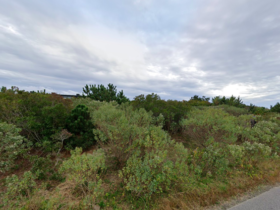
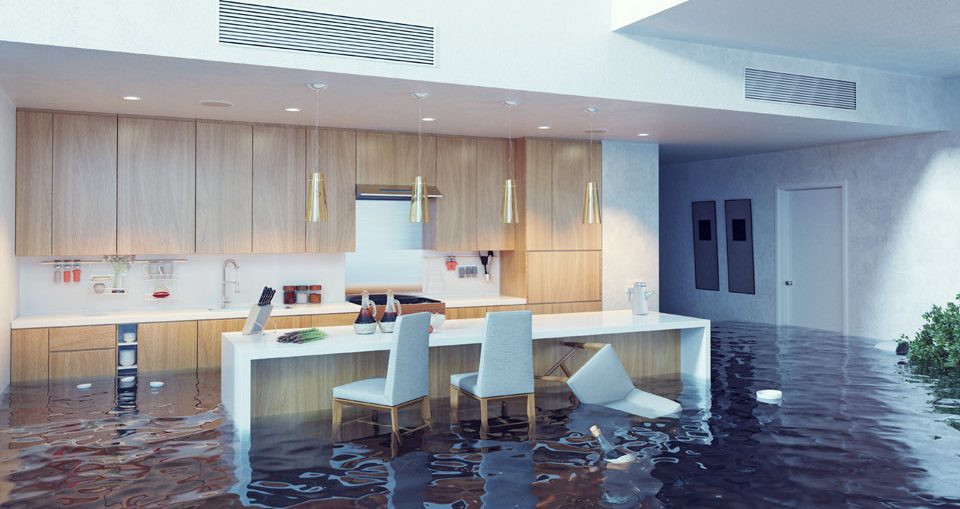

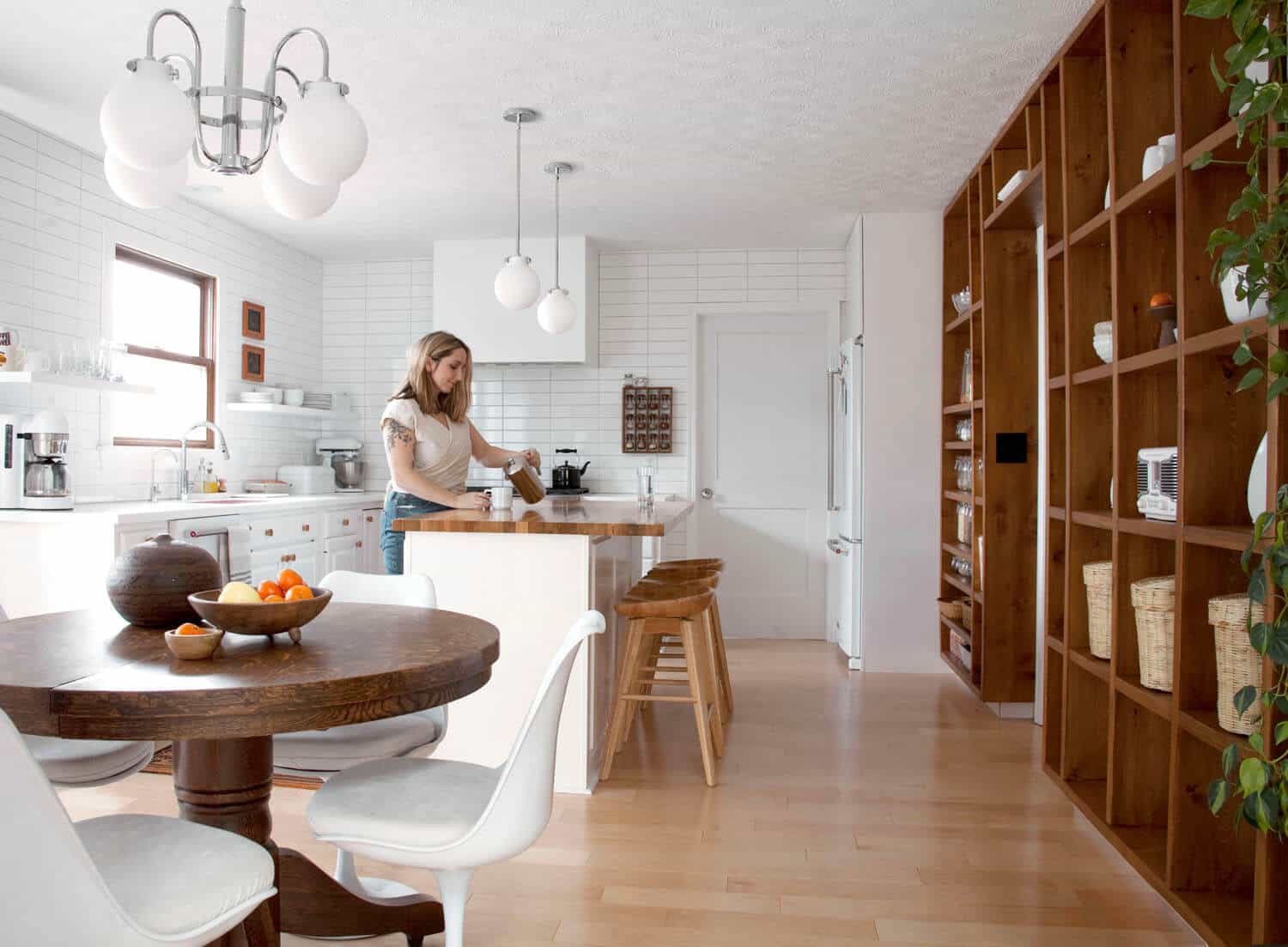
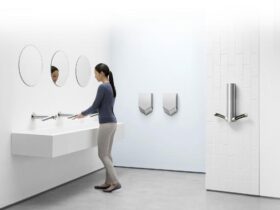
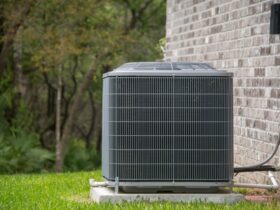
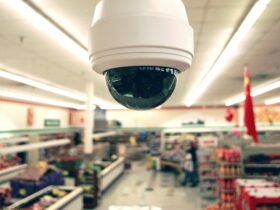
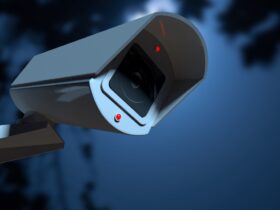
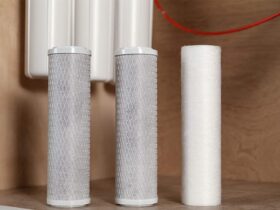





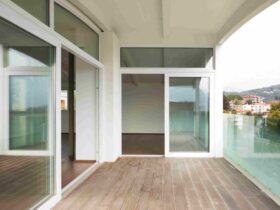


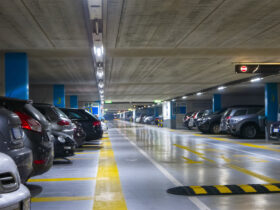
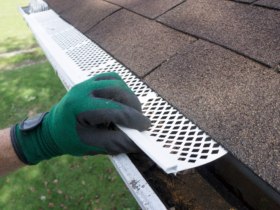
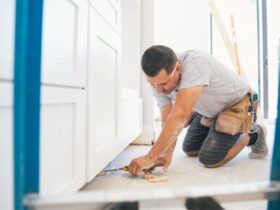
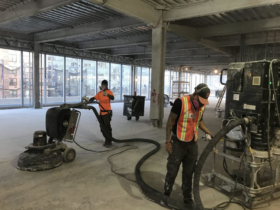
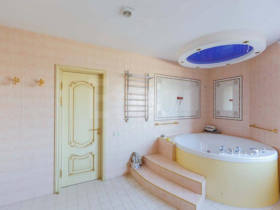








Leave a Reply